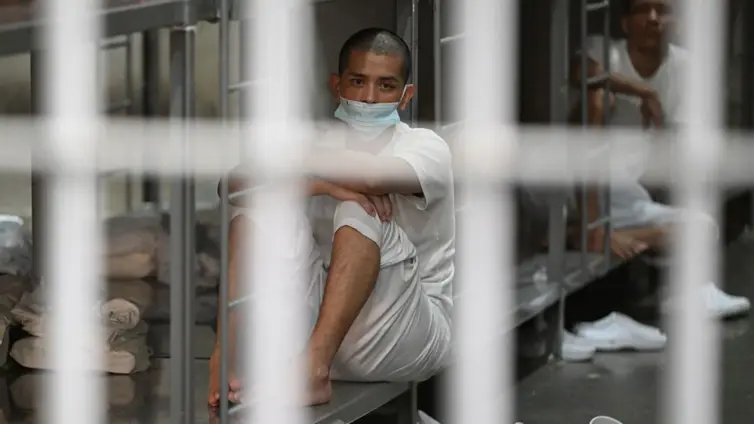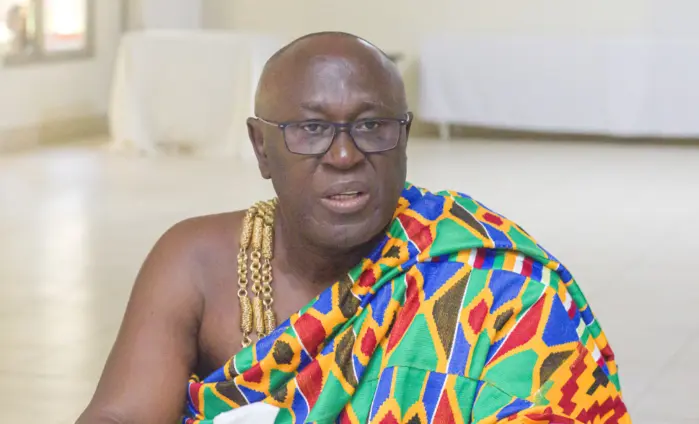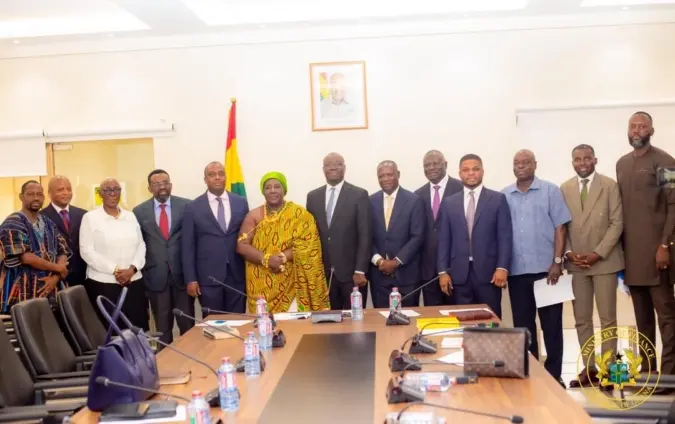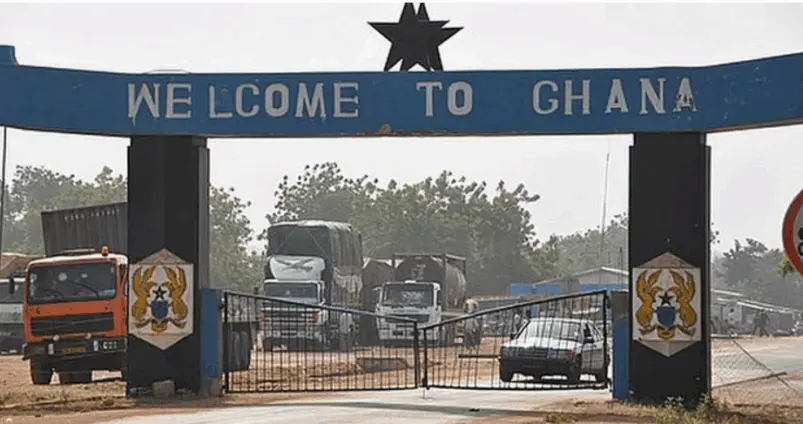The United States Supreme Court has cleared the way for the termination of Temporary Protected Status (TPS) for Venezuelans who fled to the U.S. during a period of political and economic instability, potentially affecting an estimated 350,000 people. The ruling overturns a previous hold by a California judge, reigniting concerns about the fate of those who have built lives and families in the U.S. under the promise of safe harbor. The decision hinges on the interpretation of executive power over immigration matters, sparking a debate about humanitarian obligations and the long-term implications for immigrant communities.
Temporary Protected Status, or TPS, is a program established by Congress to offer refuge to foreign nationals present in the United States who are unable to safely return to their home countries due to ongoing armed conflict, environmental disasters, or other extraordinary and temporary conditions. To be eligible, individuals must meet specific criteria and register during designated periods. TPS provides a vital lifeline, granting recipients the authorization to live and work legally in the U.S., allowing them to contribute to their communities and support their families while their home countries recover.
In siding with the government, the Supreme Court has effectively allowed the Trump administration’s decision to end TPS for Venezuelans to proceed. This move impacts the approximately 350,000 Venezuelans who had been shielded from deportation and permitted to work in the United States. The legal argument centered on the assertion that the California court overstepped its bounds by interfering with the Executive Branch’s constitutionally granted authority over immigration and foreign policy. The ruling has been met with both support from those who believe in stricter immigration enforcement and condemnation from those who see it as a betrayal of humanitarian principles.
Justice Ketanji Brown Jackson dissented from the majority, signaling the deep divisions within the court regarding immigration policy and its human impact. The impact of the Supreme Court’s decision is likely to be felt most acutely by the Venezuelan community in the U.S. Ahilan Arulanantham, who represented TPS holders in the case, described the decision as “the largest single action stripping any group of non-citizens of immigration status in modern US history.”
The termination of TPS raises the specter of deportation for many Venezuelans who may lack alternative legal pathways to remain in the U.S. The loss of work authorization could have devastating consequences, not only for individuals and families but also for the broader economy, which relies on the contributions of these workers. Perhaps most troubling are the humanitarian considerations surrounding the safety and well-being of Venezuelans forced to return to a country still grappling with instability and violence.
This ruling is the latest in a series of immigration-related cases stemming from the Trump administration’s policies. The Trump administration previously sought to end TPS for Haitians and other nationalities, sparking legal challenges and widespread protests. While the Supreme Court blocked the Trump administration’s attempt to use the 1798 Alien Enemies Act to deport immigrants in North Texas, the administration also requested the Supreme Court to end humanitarian parole for immigrants from Cuba, Haiti, Nicaragua, and Venezuela.
For Venezuelans affected by the Supreme Court’s decision, several potential avenues for remaining in the U.S. may still exist. Applying for asylum is an option for those who fear persecution in their home country. Individuals can also explore eligibility for other visa categories, such as family-based or employment-based visas. Consulting with an experienced immigration attorney is crucial for assessing individual options and navigating the complexities of immigration law.
The Supreme Court’s decision regarding the *Temporary Protected Status* of Venezuelans signifies a turning point in immigration policy, leaving many in legal limbo. As Mr. Arulanantham notes, the humanitarian and economic impacts will “reverberate for generations.”
Image Source: MYJOYONLINE





















